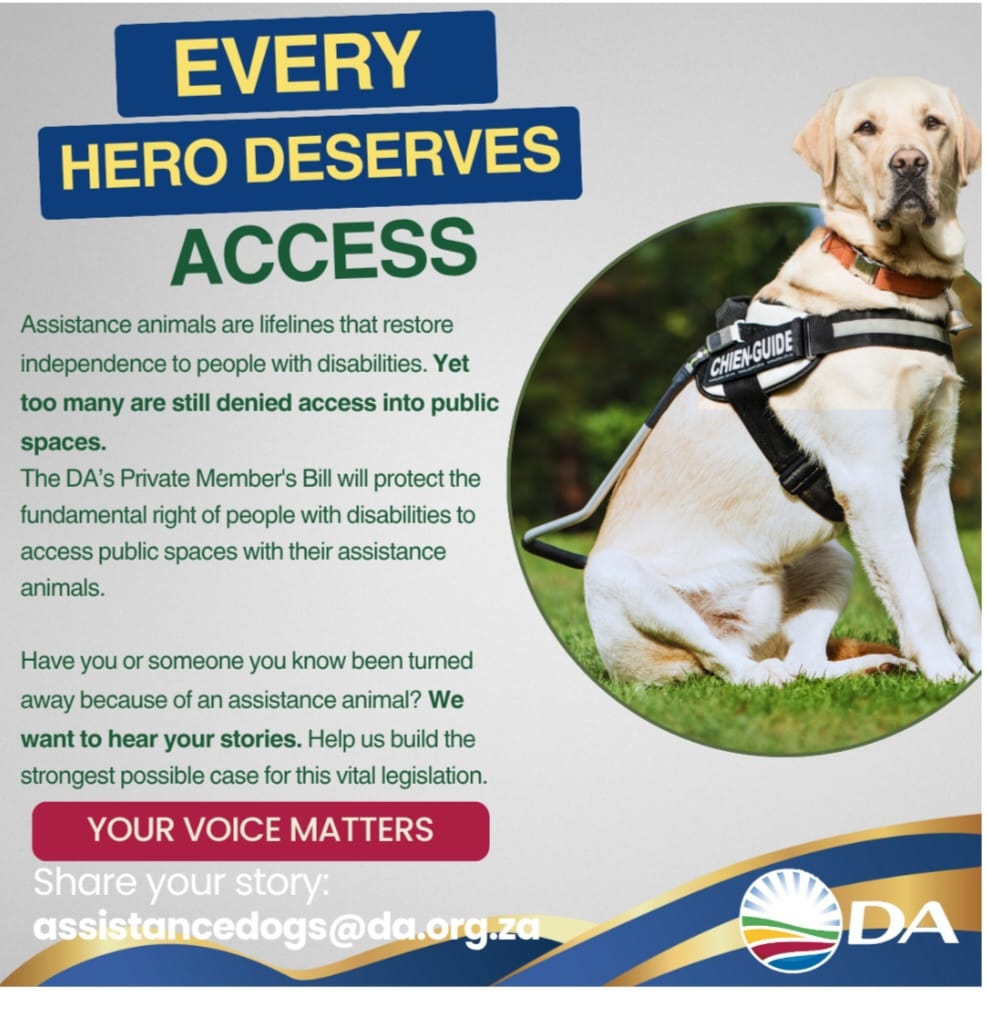Changing Lives One Dog At A Time
Recognising Rights, Breaking Barriers
As we celebrate International Assistance Dog Week, it’s the perfect moment to reflect on the life-changing impact of assistance dogs—and the importance of ensuring they are granted the access they are legally and ethically entitled to.
At Service Smart Dogs we work with persons who are sight impaired , Autism, Post-Traumatic Stress Disorder (PTSD), Seizure Alert Dogs , Guide Dog and Hearing Dogs partnering them with specially trained dogs who support them on a journey of recovery, stability, and renewed independence. These partnerships are not just powerful—they are essential. And access is at the heart of their success.
Why Access Matters
Assistance dogs are not pets. They are highly trained working animals that provide critical support to people with visible and invisible disabilities. For our handlers living their assistance dog can:
- Interrupt flashbacks or anxiety attacks
- Create space in crowded environments
- Wake them from nightmares
- Provide a calm, grounding presence in times of high stress
- Support their confidence to re-engage with public life
- Calm them when they stressed
- Alert to seizures
When access is denied—whether to a shop, café, taxi, or other public space—the handler isn’t just inconvenienced. Their independence, dignity, and safety are undermined.
It’s the Law
In South Africa , assistance dog handlers are protected under the Section 9 of The Equality Act 2010. This means it is unlawful for service providers (like restaurants, shops, and transport operators) to deny access to someone accompanied by a trained assistance dog.
Unfortunately, despite this protection, many handlers still face challenges, ranging from misinformed staff to outright refusals. For individuals living with disabilities these encounters can be deeply distressing and deter them from accessing everyday environments—ultimately setting back their recovery.
We are working with the Democratic Alliance to change the laws in South Africa to give handlers with their assistance dogs rights.

Not All Disabilities Are Visible
There is often misunderstood because it is an invisible disability. Handlers with PTSD assistance dogs may not have obvious physical impairments, and this can lead to suspicion or doubt in public settings. Education is key. It’s vital that businesses and the public understand that assistance dogs support a wide range of needs—many of which may not be immediately visible.
International Assistance Dog Week: A Time to Reflect and Raise Awareness
International Assistance Dog Week is a global opportunity to recognise the dogs who change lives, and the organisations and individuals who support their training and welfare. It’s also a time to spotlight the importance of equal access and respect for all assistance dog teams—whether supporting mobility, autism, PTSD, diabetes, or other conditions.
At Smart Service Dog, our dogs are not only expertly trained, but each is also accredited through Association of Assistance Dogs South Africa (AADSA), ensuring they meet the highest national and international standards. Their right to accompany their handler isn’t just a courtesy—it’s a legal and vital necessity.
How You Can Help
If you’re passionate about this cause: Help us spread the word during International Assistance Dog Week. Awareness saves lives.
If you’re a business owner or staff member: Make sure your team understands the law on assistance dog access. A welcoming attitude goes a long way.
If you see someone challenged: Offer quiet support. A kind word or gentle reassurance can make a big difference.
